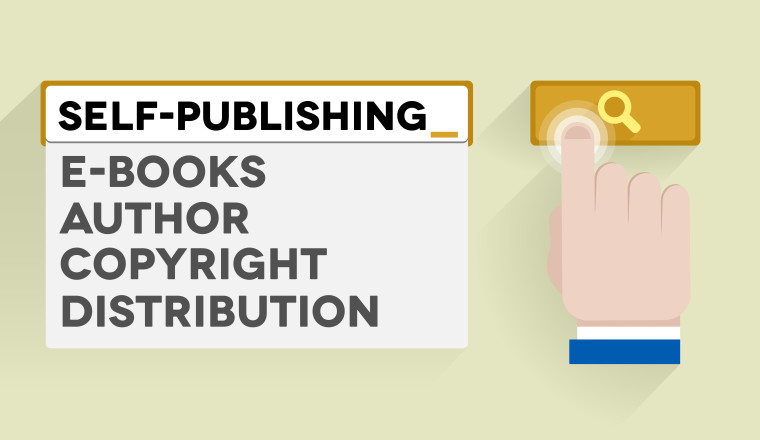Everywhere you turn it seems we are bombarded with people seeking to influence us. At home spouses and children vie for our attention. At work, bosses and co-workers try try to persuade us to align with their priorities. Television and radio are abuzz with advertising intended to sway our opinions and purchase decisions. And, online personalities seek to the wield influence on how we experience the world around us. Influence, in my opinion, is the currency of the 21st century. Many strive to be influential for financial gain or strategic power. What most, however, fail to realize is that influence is biological. Once we grasp the neurochemical aspects of influence we can better control our impulses and develop ourselves as leaders who optimally enrich the lives of others.

Physiology and psychology are inextricably interwoven fields of study. Most people readily understand that our mental attitude is primarily the lever that determines our goal-directed behavior. You’ve heard the saying, you are what you think. In fact, some even say that our mental attitude determines as much as 75% of what we accomplish—far outweighing the external factors to which we often attribute success. But, even with this understanding pundits overemphasize the what we think without fully exploring how we think. With a richer understanding of the how, we can better take control of our actions rather than feeling as if our mind controls us. I am convinced that the next echelon of leadership and influence is physiological mastery.
If you truly want to become a person of extraordinary influence you have to learn to control the brain—the control center of you body. In my study, there is no better place to begin this examination than the excellent book, The Rise of superman: Decoding the science of ultimate human performance [affiliate link] by Steven Kotler, extolled as one of the world’s leading experts on human performance. In this book Kotler demonstrates, convincingly I might add, how to “ hack” our brain and accomplish extraordinary feats. The term “hack” simply refers to conscious actions that can be taken to trigger subconscious and physiological response. Kotler demonstrates how the human ability to accomplish extraordinary feats is a result of what is now called “flow”.
Through his work through the Flow Genome Project and the availability of neurological imaging technology, Kotler and his colleagues have been able to demonstrate flow as an optimal state of consciousness, a peak state where we both feel our best and perform our best. As Kotler continues, “In flow, we are so focused on the task at hand that everything else falls away. Action and awareness merge. Time flies. Self vanishes. Performance goes through the roof.”
Kotler and colleagues “call this experience ‘flow’ because that is the sensation conferred. In flow, every action, each decision, leads effortlessly, fluidly, seamlessly to the next.” While much of the study of flow has revolved around the death-defying acts of extreme and adventure athletes, the Flow Genome Project has worked to demonstrate the applicability of flow in heightening workplace performance and social relationships more broadly.




